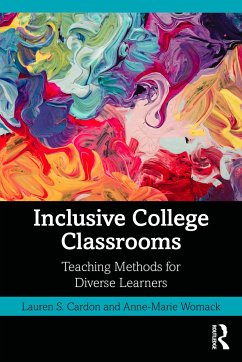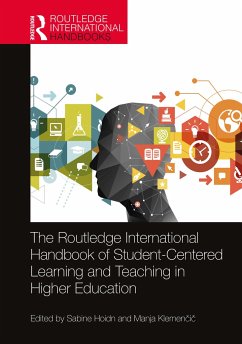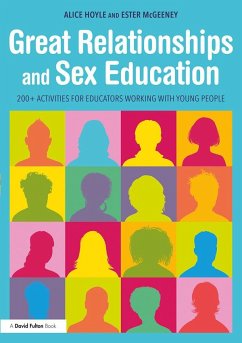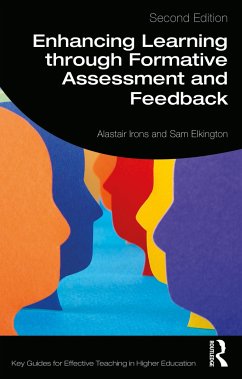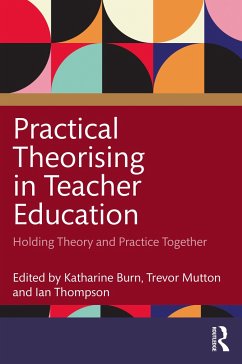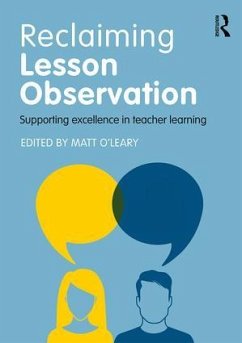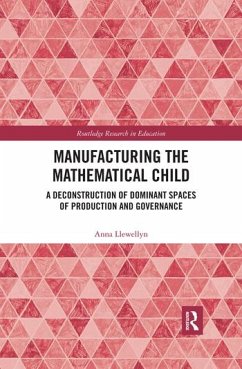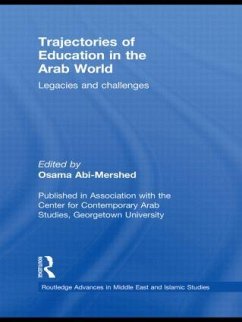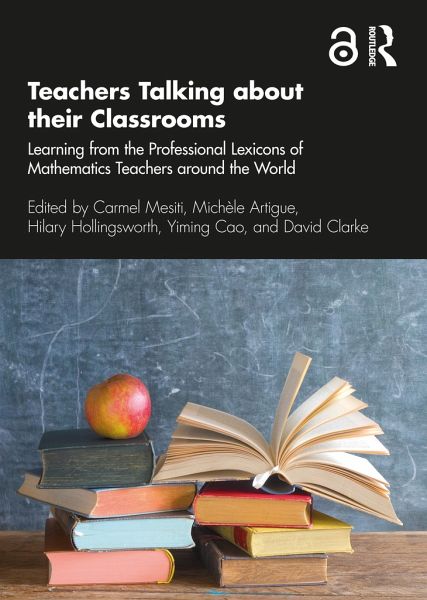
Teachers Talking about their Classrooms
Learning from the Professional Lexicons of Mathematics Teachers around the World
Herausgegeben: Mesiti, Carmel; Artigue, Michèle; Hollingsworth, Hilary; Cao, Yiming; Clarke, David
Versandkostenfrei!
Versandfertig in 6-10 Tagen
45,99 €
inkl. MwSt.

PAYBACK Punkte
23 °P sammeln!
Different communities, speaking different languages, employ different naming systems to describe the events, actions, and interactions of the mathematics classroom. The International Classroom Lexicon Project documented the professional vocabulary available to middle-school mathematics teachers in Australia, Chile, China, the Czech Republic, Finland, France, Germany, Japan, Korea, and the United States. National teams of researchers and experienced teachers used a common set of classroom videos to stimulate recognition of familiar terms describing aspects of the mathematics classroom. This boo...
Different communities, speaking different languages, employ different naming systems to describe the events, actions, and interactions of the mathematics classroom. The International Classroom Lexicon Project documented the professional vocabulary available to middle-school mathematics teachers in Australia, Chile, China, the Czech Republic, Finland, France, Germany, Japan, Korea, and the United States. National teams of researchers and experienced teachers used a common set of classroom videos to stimulate recognition of familiar terms describing aspects of the mathematics classroom. This book details the existing professional vocabulary in each international community by which mathematics teachers conceptualise their practice, and explores the characteristics, structures, and distinctive features of each national lexicon. This book has the potential to enrich the professional vocabulary of mathematics teachers around the world by providing access to sophisticated classroom practices named by teachers in different countries.
This one volume offers separate, individual lexicons developed from empirical research, the capacity to juxtapose such lexicons, and an unmatched opportunity to highlight the cultural, historical, and linguistic bases of teachers' professional language.
This one volume offers separate, individual lexicons developed from empirical research, the capacity to juxtapose such lexicons, and an unmatched opportunity to highlight the cultural, historical, and linguistic bases of teachers' professional language.





